Future Hyundai and Kia cars will incorporate a ‘solar roof” that will generate electricity to support the vehicles’ powertrain.
The carmaker announced the solar charging technology is being developed to support the vehicle’s main power source, whether electric, hybrid or internal combustion engine (ICE), to improve efficiency and reduce CO2 emissions.
Hyundai Motor Group is developing three types of solar roof charging systems, for introduction after 2019: The first-generation system is for hybrid vehicles, and is capable of charging 30% to 60% of the battery over the course of a normal day, said the manufacturer.
The second-generation technology brings a semi-transparent solar roof system to ICE vehicles and is capable of being integrated with a panoramic sunroof.
The third generation of the technology, still in testing, will see the introduction of a lightweight solar roof and bonnet for battery electric vehicles in order to maximize energy output.
“In the future, we expect to see many different types of electricity-generating technologies integrated into our vehicles. The solar roof is the first of these technologies, and will mean that automobiles no longer passively consume energy, but will begin to produce it actively,” said Jeong-Gil Park, Hyundai’s executive vice president of engineering and design.
“It is an exciting development for us, designing a technology for vehicle owners to help them shift from being energy users to being energy producers.”

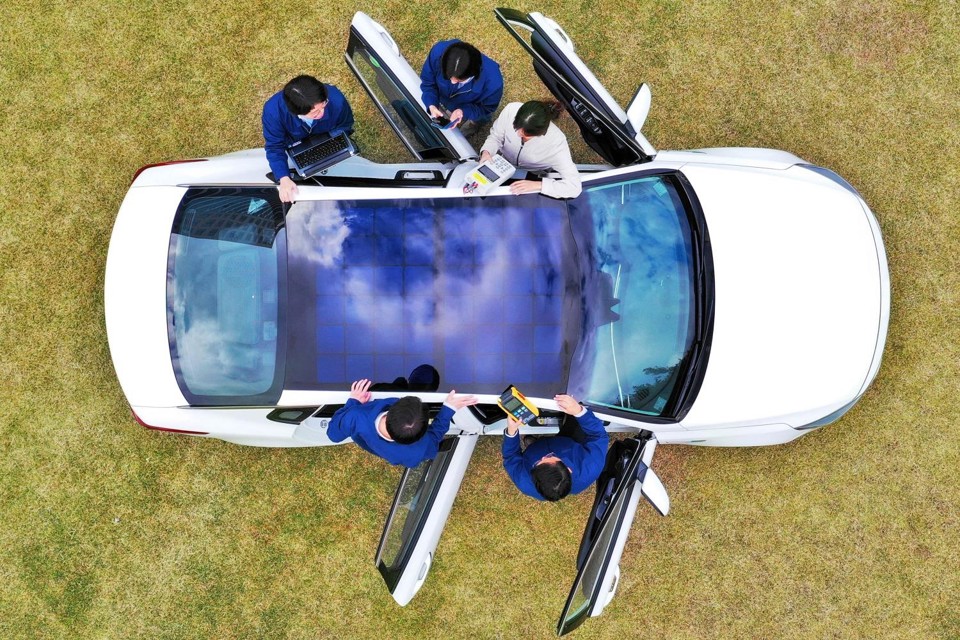



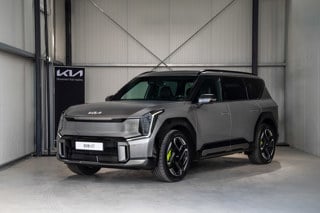
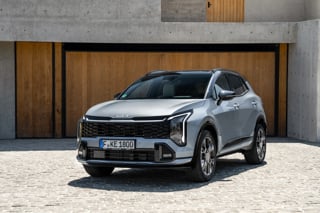
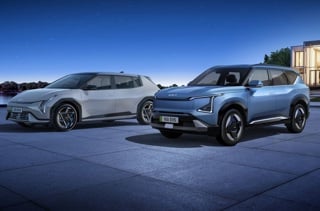
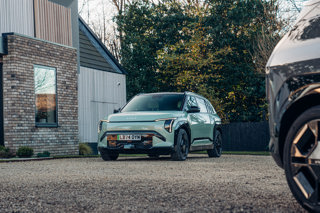













Login to comment
Comments
No comments have been made yet.